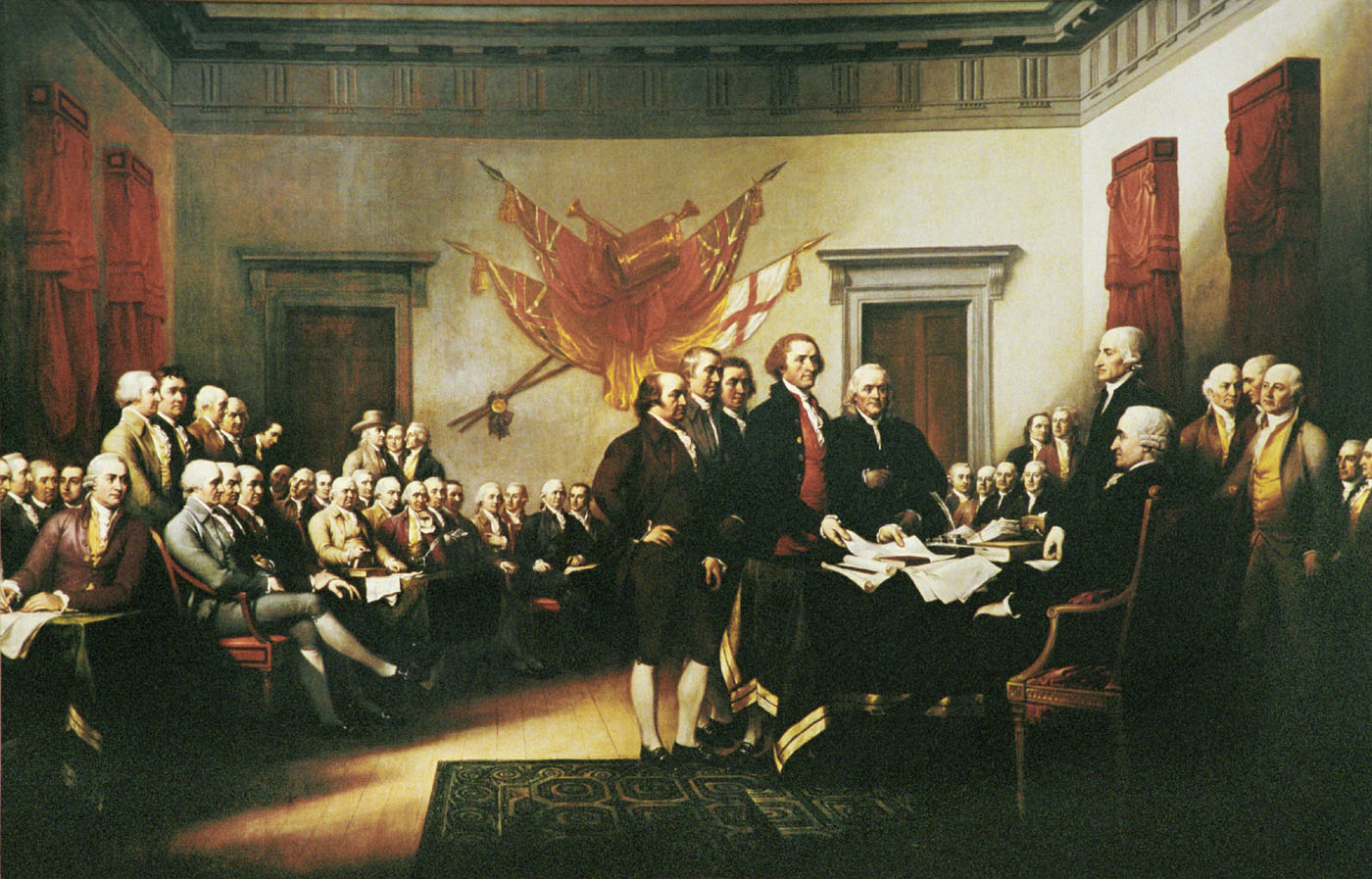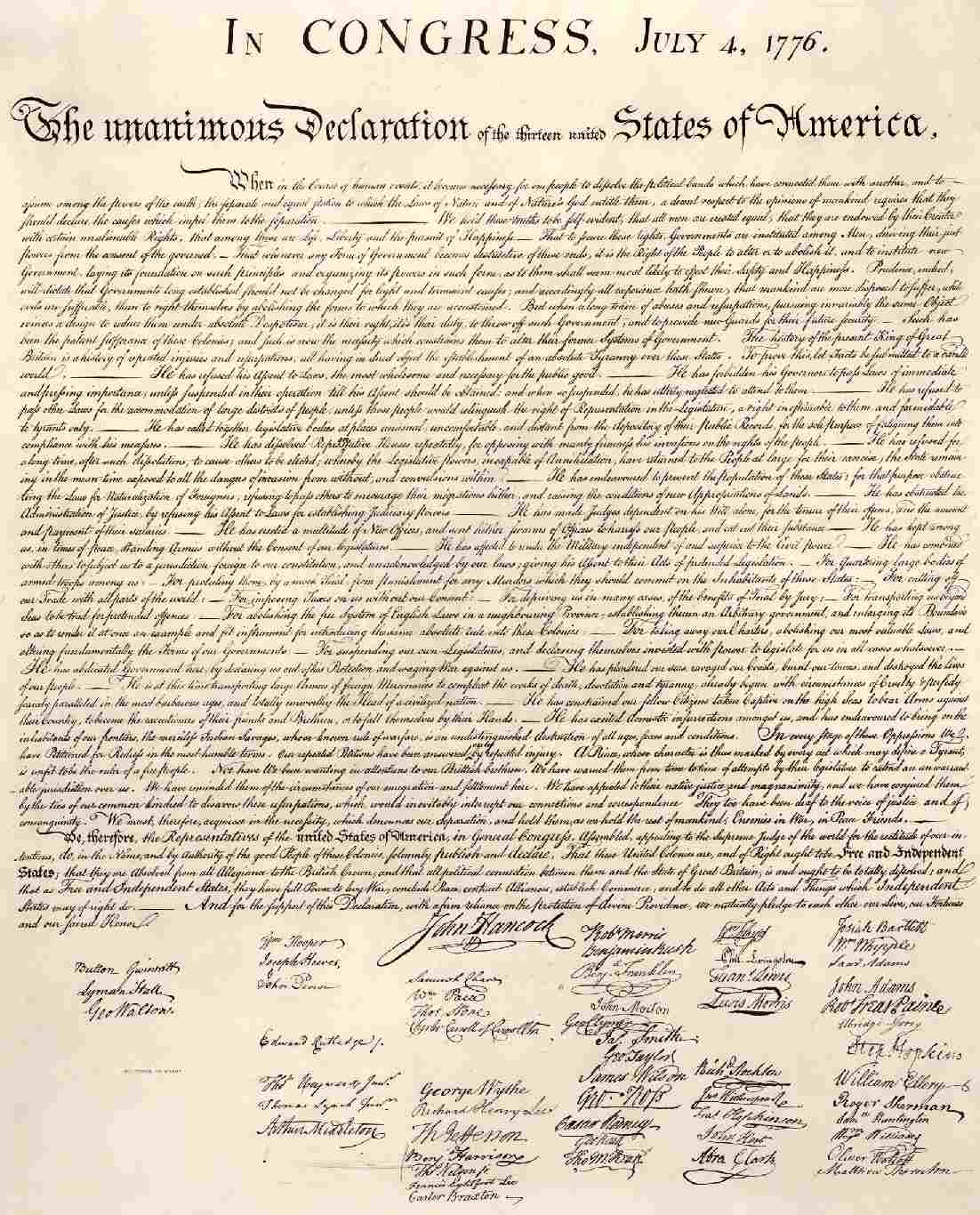
People yearn for opulence. Human beings crave sex. Individuals require power. But it is absolutely essential--and much more important-- for an intellect to think. Renee Des Cartes stated, "I think therefore I am." He did not merely mean that he existed, but that he lived in a capacity where he could reflect and dream. Too often people live their lives on a daily basis. They think about dinner, family, perhaps their future plans. All of these are somewhat of a necessity, however, a lioness also thinks before it attacks its prey, brings that prey back to its pride to feed the others, and anticipates that she will hunt again tomorrow.
My point is that for us to truly be a homo-sapien or 'man who thinks.' We must do so. It is our duty to believe in something. Thomas More believes in Utopia. Additionally, he made other people believe in the concept of a divinely mortal commonwealth, which for all common purposes would be quite perfect in its simplicity. More's thoughts influenced other Renaissance writers, and a few Renaissance writers influenced the forefathers of our country. These were men with passionate ideals that fought for something more than a better day; they fought for a better world. Many similarities, such as the ideas of a ruler, freedom, and foreign policy, can be seen between our nation, and that of Utopia.
The idea that a governor of a country should be more concerned about the 'common welfare' than his own is taken from More's book, (Pg. 540.) It is also an inherent belief in our country. As well as the idea that the people should choose this man for, 'their own sake, not for his,' (pg. 540.) Moreover, the idea that it should be, 'unlawful for public offices to be solicited, or put up for sale,' (pg. 544,) found its way into our constitution. Additionally, the concept of a republic, where the people could vote for representatives (phylarchs) and senators (head phylarchs) who then make decisions for the people is also one of More's conceptions (pg. 549-550.)
Foreign affairs were also addressed by More. On page 559 Raphael tells the story of the Anemolian ambassadors who wore gold to meet with the Utopians. The lasting impression of this is to understand different cultures. This is why the United States found it prudent to establish embassies throughout the world. More would also help influence one of the cornerstones of United States foreign policy. In George Washington's farewell address he urged the posterity of this nation to avoid foreign entanglements. On page 538, Raphael tries to explain to More why he doesn't wish to be a counselor for a king, he states that, 'Suppose I said the king should leave Italy alone and stay at home, because the single kingdom of France all by itself is almost too much for one man to govern, and the king should not dream of adding others to it?' To add on to those comments More also talks about how the Utopians do not engage in battles unless they are being attacked, or they are aiding one of their allies. This adds to the idea that country's are better off not attacking one another.
Freedom. It means something different to every person. To me, it means I can stand up and say, "Anyone but Hillary." To others it means that they can stay out until 1 am. But the truth is, freedom means the most to people who don't have it. 'The chief aim of their constitution is that . . . all citizens should be free.' (pg. 553) and 'pleasure, as the goal of our actions.' (pg. 562) These characteristics of a paradise can be found in our Declaration of Independence, "That all men are endowed by their creator certain inalienable rights, that among these, are life, liberty, and the pursuit of happiness." Because we have these rights we have the ability to make of ourselves what we will. More gives a brief description of a man who, 'devotes his leisure so earnestly to study, and makes such progress as a result, that he is relieved of manual labor, and promoted to the class of learned men.' (pg. 552.) So if you used to be a factory worker and you want to work hard to become something else, you can. But what is perhaps the best freedom that we have in this country is what More describes as, '[Citizens] who have not accepted Christianity make no effort to restrain others from it, nor do they criticize new converts to it,' (pg. 580.) This is freedom of religion. In 1516 it must have been a most outlandish and preposterous thought, because when the United States went about it in the eighteenth century it was unspeakable for the rest of the Western world. 

I am not suggesting that Thomas More was the sole or even the major influence of the Revolutionaries, merely that he was one. More thought and dreamed of extraordinary concepts. He was not after money, sex, or power--perhaps because he had most of these menial things. He inspired people to believe in something better than what they had. Then he made men that lived over two hundred years after him believe in it and act upon it. That is not living day to day, but it's being the highest form of human, a Utopian.



